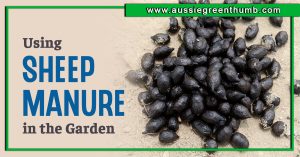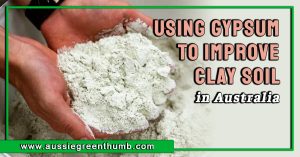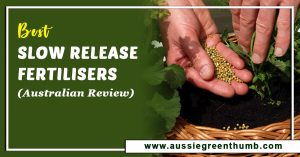Whether preparing a raised bed, container plants, or a lush flower garden, choosing quality organic manure for your soil can mean the difference between success and failure. Regardless of where the garden lives, different soils have different compositions, and it is rare to find a perfectly balanced blend that will give your plants or vegetables all the nutrients they require.
Fortunately, what is one creature’s waste is a gardener’s treasure – organic manure is one of the finest additives to include in any planting or gardening situation.
More...
Types of Manure for Your Garden
One of the great things about manure is the many different kinds that can be used, making it easier to use what is locally available to you. Organic manure is also an important consideration when growing fruits and vegetables because you want to eliminate any potential cross contamination of chemicals or pesticides that can sometimes be found in regular sources of manure.
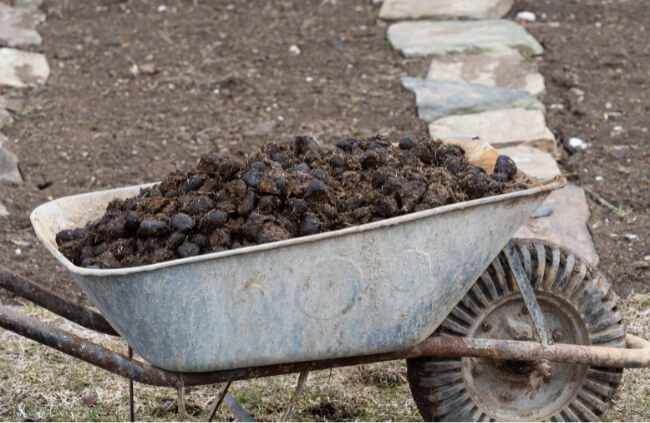
Just as there are many kinds of creatures, there are different kinds of excrement to consider when buying manure. Though it may be tempting to use manure or droppings from household pets, keep in mind carnivore animals do not generally produce desirable manure and some animals, such as cats, can actually transmit diseases such as toxoplasmosis.
Fortunately, you don’t have to be limited to these undesirable options when buying manure. There are many kinds of animals that produce a variety of nutrients plants love and need.
- Rabbit droppings – sometimes referred to as “black gold,” rabbit manure is desirable for a variety of reasons, one being its ability to be applied directly to the soil or around plants. They are essentially beads of nitrogen and phosphorus and have the added benefit of acting as slow-release capsules when added to the soil.
- Chicken droppings – one of the richest manures and very high in nitrogen. Chicken droppings are considered “hot” meaning they must be composted before being added to soil.
- Steer droppings – a common stand-by, steer manure is not the most ideal choice for buying manure. It often contains unwanted salts and weed seeds but is readily available in most places.
- Cow droppings – cow pies make great cow manure. Low in nutrients, it is also safe to use in high quantities. Can be used for topdressing or for soil improvement.
- Horse & Sheep droppings – both are “hot” manures and need to be composted before using directly around plants. Both are more potent when derived from animals fed hay and grain rather than just pastured.
Using Manure in the Garden
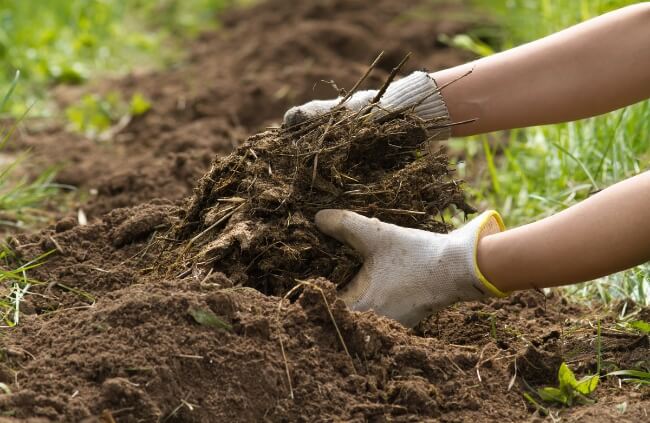
After the introduction of synthetic fertilisers, manure lost its popular appeal for some time. Today, manure is experiencing a revival, especially among gardeners who are looking for a natural way to improve soil condition and amend nutrient levels.
Don’t let good waste go to waste. Start up a compost pile and begin cooking up the best batch of manure for your plants.
Buying Manure Locally
Buying manure is often dictated by what is locally available. Most gardeners can find steer manure at any gardening department, but it is rarely organic and can have unwanted salts and weed seeds.
Often, an easy and convenient way to obtain manure (sometimes for free) is to determine where manure is produced locally. This can be as simple as seeking out local farmers or people who raise rabbits or chickens in their backyard.
Oftentimes, people are looking to get rid of excessive waste and cows are an animal that often produce high quantities of droppings. When driving by neighbours who have cows, asking whether they have a use for their excess waste is often a great way to score free manure – but you might have to scoop it up yourself!
Whether you have a free source or have found a place to buy it, manure from small scale producers is the best way to ensure higher quality manure, especially if looking for organic manure.
Published on June 6, 2023 by Gary Clarke
Last Updated on November 20, 2023

